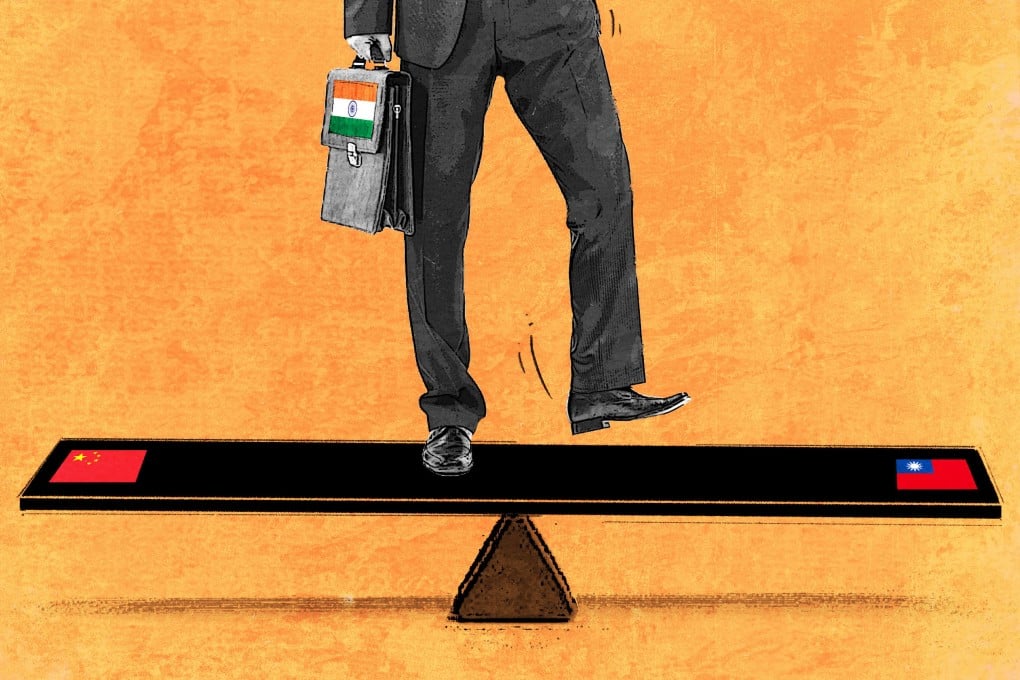Advertisement
How Narendra Modi’s India is tiptoeing towards Taiwan
- Border dispute between Asian giants coupled with economic deals involving Taipei have fuelled quiet shift in New Delhi’s posture
- As labour pact bringing Indian workers to Taiwan looms, analysts say time is ripe for greater political engagement
Reading Time:5 minutes
Why you can trust SCMP
78

Khushboo Razdanin Washington
When Tsai Ing-wen was elected the first woman president of Taiwan in 2016, the Indian government led by Prime Minister Narendra Modi shied away from sending any official representatives or lawmakers to attend her inauguration, mindful of its ties to mainland China.
Four years later, after Tsai won re-election, New Delhi’s political considerations had changed such that Modi saw fit to dispatch two Indian lawmakers to attend her oath-taking ceremony virtually as the coronavirus pandemic took hold worldwide.
The emissaries conveyed congratulatory messages to the Taiwanese leader, prompting calls from Beijing for the “international community” to continue adhering to the one-China policy – the principle that there is only one China.
Advertisement
Nearly another four years on, unofficial ties between India and the self-ruled island that Beijing views as a renegade province have only strengthened as New Delhi’s relationship with Beijing has remained tense.
By multiple measures, India’s ties with Taiwan have steadily deepened. Bilateral trade surged from just over US$1 billion in 2001 to US$7 billion in 2021. In July, a third Taipei Economic and Cultural Centre, a de facto consulate for Taiwan, opened in Mumbai.
Advertisement
And Taiwan-based Foxconn, an electronics components supplier for American tech titan Apple, recently announced investments worth US$1.6 billion to diversify away from mainland China.
Advertisement
Select Voice
Select Speed
1.00x